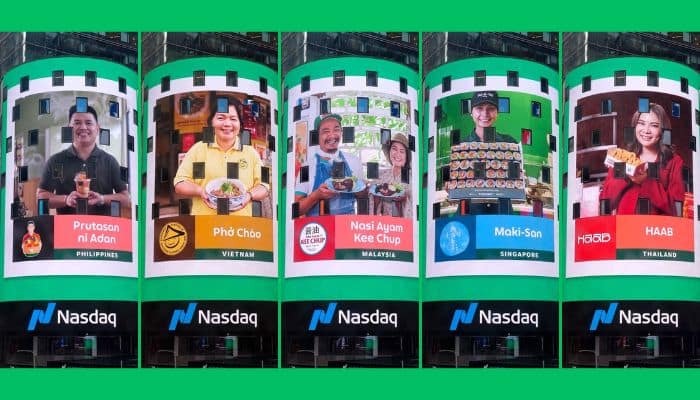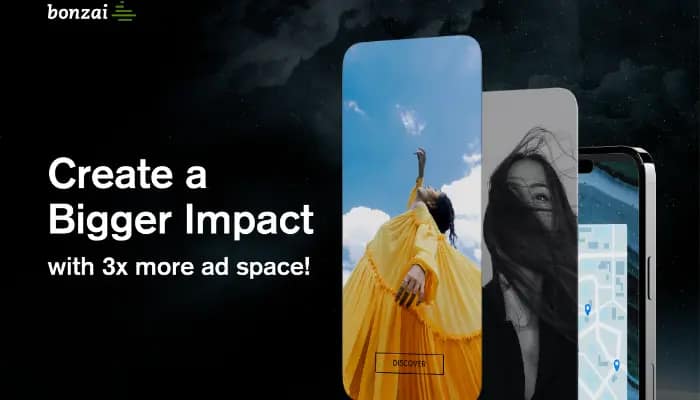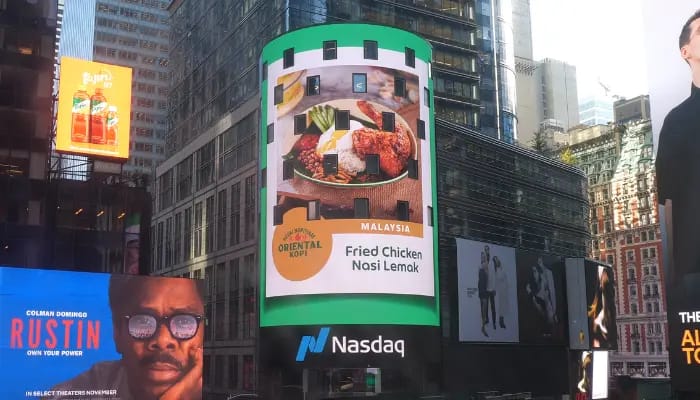London, United Kingdom – Global fintech Unlimit announced today that actor, producer, and entrepreneur Simu Liu will be the company’s first global brand ambassador. To mark this, Simu will lead Unlimit’s ‘biggest’ campaign to date, headlining a high-impact advert which takes place behind the scenes of a movie production set.
The campaign shows businesses how important it is to choose the ‘right’ partner in payments and allow customers the freedom to pay any way they want, anywhere they want.
Debuting online on March 3rd, 2025 across the APAC, EMEA, UK, and LATAM regions, the ad will be the first step in announcing Simu Liu as Unlimit’s first global brand ambassador, and will continue running across various digital channels for the remainder of 2025.
In the ad, Liu navigates the different stages of film and television production and demonstrates how versatility can help people make the right choices when aiming for success. While doing this he highlights various business use cases, showing how Unlimit can tackle different payment challenges all over the globe thanks to its vast payment infrastructure and portfolio of over 1000 payment methods.
The ad was produced by Paradox House Creative and directed by Oscar-winning director Joachim Back. Meanwhile, Critically acclaimed co-chief producers Alex Chang, Merlin Merton, Kristina Tywoniuk & Mike Jones are the team behind the creative, production, and post-production aspects of the campaign.
Speaking on his involvement in the campaign, Simu said, “Unlimit’s mission – to eliminate financial borders – immediately drew me in; I apply the vision of being limitless to all aspects of my work. In the entertainment industry, you need to be as versatile as possible, catering to all scenarios and adjusting to any role; in the global business world, a payment provider has to do the same. I am thrilled to partner with Unlimit, who have successfully supported businesses across the globe for over 15 years, to deliver this message.”
Meanwhile, Kirill Eves, CEO and founder of Unlimit, commented, “Simu Liu is an extremely versatile actor, entrepreneur, and producer. His multicultural, international upbringing, determination, and entrepreneurial mindset make him a symbol of everything that Unlimit represents; he is the perfect choice as our first-ever brand ambassador.”
He added, “This campaign underlines our commitment to continue evolving our product line and payment offering worldwide so that we remain a reliable partner and go-to choice for payments for businesses of all sizes and verticals, all over the globe.”
In addition to the digital launch of the ad, which will consist of multiple strands of activity, including digital takeovers, social media activations, digital & event advertising, and social competitions, as Unlimit’s global brand ambassador, Simu Liu will also take part in the offline phase of the launch scheduled in Q2 2025.










